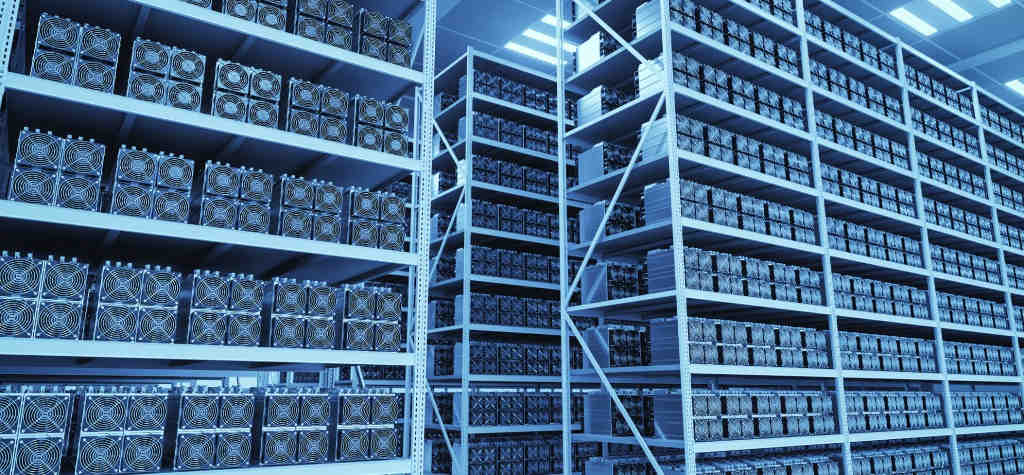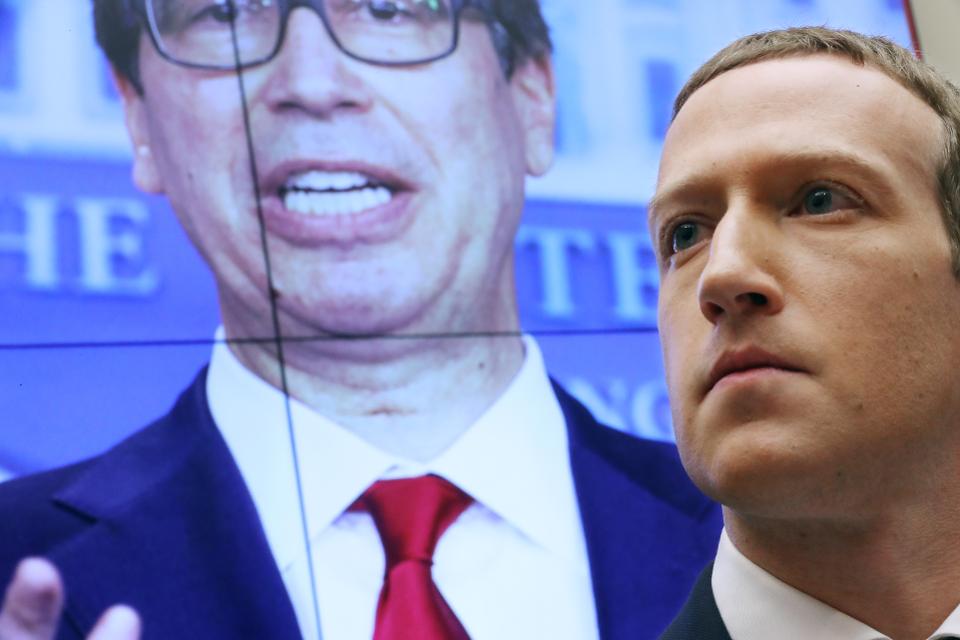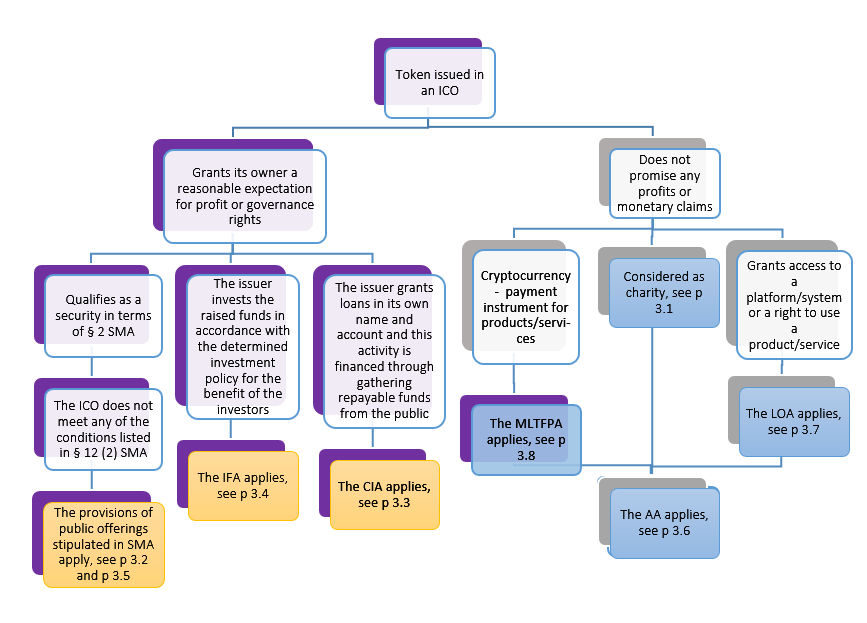Someone has to power all the Bitcoin.
In the same way that very few people understand how gold is mined from the earth (and subsequently impacts our economical foundation), even less people understand how a Bitcoin is created–or more specifically, “mined.”
Mining is a term only the most astute of cryptocurrency loyalists use. New and eager cryptocurrency advocates have heard the word, but don’t fully get what it “means.” And those who still see Bitcoin as a sort of black magic hear “mining” and think picks, shovels, and dark tunnels.
Without “mining,” cryptocurrencies would not exist.
For those that don’t know, the definition of Bitcoin mining is “the process by which transactions are verified and added to the public ledger, known as the blockchain, and also the means through which new Bitcoin are released.” Think of mining as what creates those invisible blocks of data people are now purchasing for tens of thousands of dollars, speculating that its limited supply will increase their value over time. The same process happens for Ethereum, and dozens of other cryptocurrencies.
But according to Dan Reitzik, CEO of DMG Blockchain Solutions, the process of mining is far more complicated than people think.
“Anyone can buy a Bitcoin,” said Reitzik. “Not everyone can start up their own mining rig.”
DMG, a diversified blockchain company which recently went public under the symbol DMGI ~ TSX on the Toronto stock exchange, has recently “struck gold” in what is appearing to be the next big business to emerge from the rise of cryptocurrencies and the blockchain. With mainstream financial applications like Robinhood opening their doors for cryptocurrency trading, to markets for Bitcoin futures contracts being being created for investors, one thing is clear: whether you agree that Bitcoin and cryptocurrencies should be part of our economy is irrelevant to the fact that they’re clearly establishing themselves. And that means the technological demand for mining, which both builds and sustains the network these cryptocurrencies exist on, will only continue to increase.
“The vast majority of crypto mining is currently being done in China,” said Reitzik. “However, with regulations looming, a lot of miners are looking to get out of China–and here in Canada, we have the electricity power and the legislature to support it. In the last month, two major groups have showed up in my office saying they have 50,000+ mining machines they want to get out of China, and want us to host them.”
While DMG has its hands in the four major monetization categories surrounding crypto–blockchain solutions, software, hardware, and mining–it’s clear the latter is quickly proving to be the most lucrative. With the expertise and power distribution, DMG can provide “mining as a service” for both individuals and companies. Entities purchase the machines from DMG, and then pay a monthly fee for the hosting and management–and receive Bitcoins in exchange. And with a strong partnership already in place with Japan’s Bitmasters program of 40,000 cryptocurrency loyalists, the demand is through the roof for mining as a service (MAAS).
Source/More: Cryptocurrencies Are Creating Billion-Dollar Industries. The Next? Mining As A Service | Inc.com














